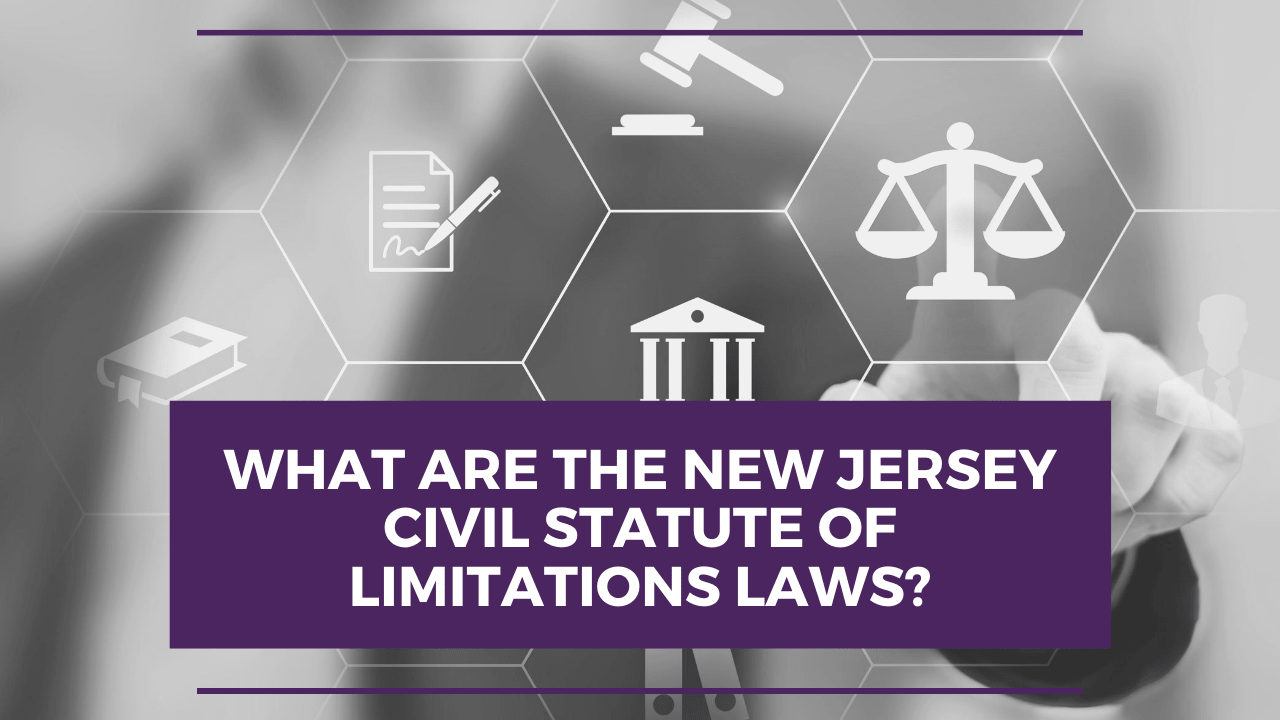
Each state has a legally imposed time limit for plaintiffs to file a civil lawsuit against a person or a business. This is called a statute of limitation and the time limit is an important way to preserve the evidence that is intended to be brought out while proving or defendant a claim. No one wants to live with an indefinite threat of a pending lawsuit, especially not a New Jersey small business.
The statute of limitations in New Jersey is two years for personal injury lawsuits and six years for lawsuits claiming breach of contract, unless the claim involves the sale of goods contemplated by the Uniform Commercial Code (UCC). In that case, the statute of limitations is four years.
Exceptions to New Jersey’s Statute of Limitations
There are always exceptions, although they require a high burden of proof.
For example, if a company dumps toxic materials into a river and causes pollution and damage that isn’t detected for a decade, the company may still be held responsible for any environmental or public health damage that was done. In a case like that, the lawsuit may be filed outside of the statute of limitations, during the time that the injury’s discovery has been made.
Another exception is if the plaintiff was either a minor child or mentally disabled during the time that an injury or injustice occurred.
While the statute of limitations in New Jersey seems pretty straightforward, there are a lot of things that can impact whether or not a lawsuit is brought against you and your company even outside of that time period. Whether you are filing a lawsuit or defending yourself against one, good legal counsel is essential.
Specific Cases and Statutes of Limitation
While the personal injury and personal property injury statutes are easy to understand at the two and six year deadlines respectfully, specific harms get their own timelines. If you want to sue someone for libel or slander, for example, you have one year to do it. Fraud has a six-year statute of limitations. Here is a short list of other potential statutes that you need to be aware of:
- Trespassing action: 6 years
- Rent Collection action: 16 years
- Debt Collection action: 6 years
- Collection of a Judgment: 20 years

At Robert A. Gleaner, P.C., we work with small businesses all the time, whether they are plaintiffs or defendants in a lawsuit. If you have any questions about the statutes of limitation or the risk posed to your own small business, contact our team. We’d be happy to discuss your specific case and outline the best possible solutions.
